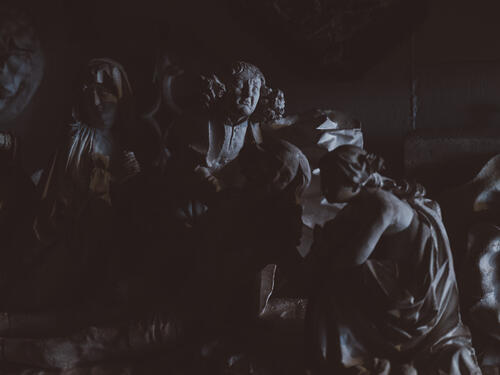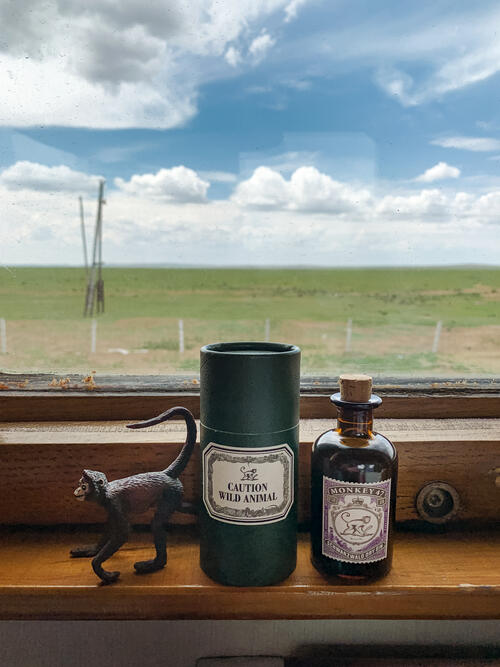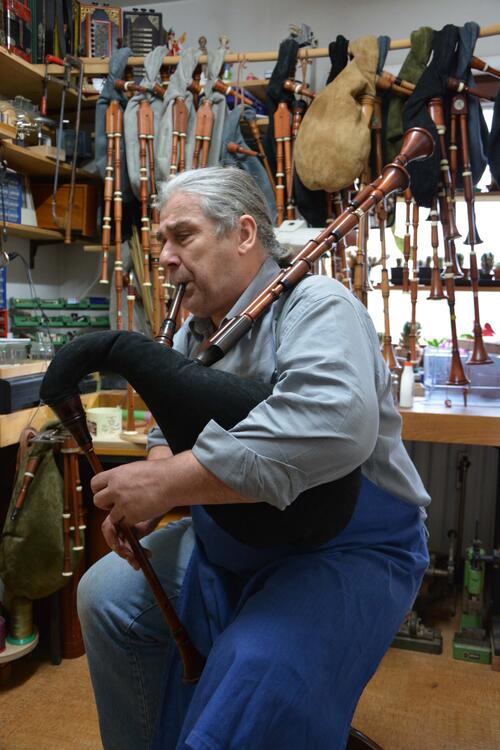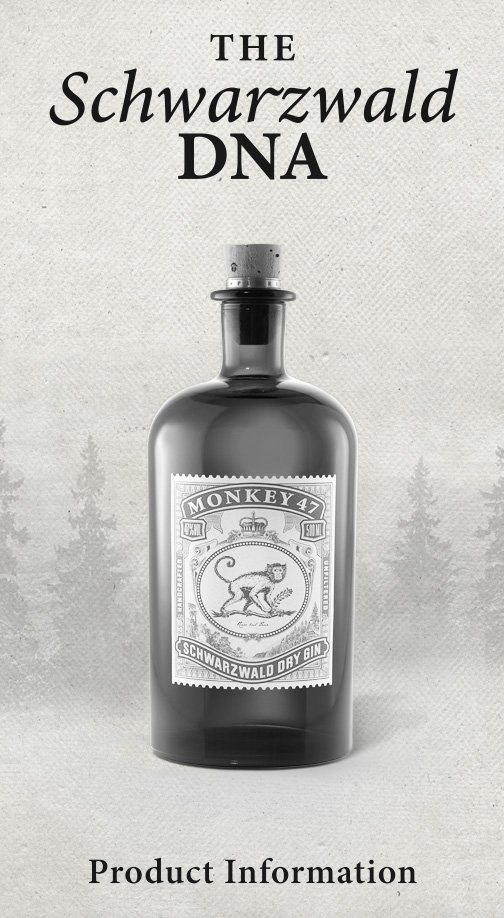Tales from the Black Forest - A Clean Tradition
Geldbeutelwäsche
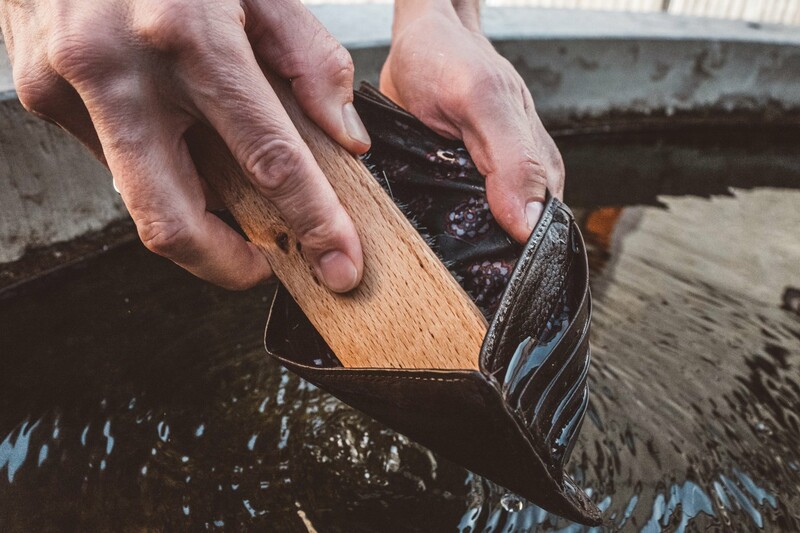
“The third time, it becomes a tradition” is a saying in the Black Forest. In other words, if something new has twice proved successful, it becomes an integral part of the local culture. This enables inhabitants of the Black Forest to quickly assimilate innovations. Consequently, the Black Forest dry gin Monkey 47 is not a contradiction but an innovative, traditional drink with a Black Forest element.
Of course, particularly well-known traditions have their roots in the Swabian-Alemannic carnival season. Some very unusual rites can be observed in Wolfach, where a funeral march through the town is performed by men dressed in black and wearing top hats, accompanied by a marching band, and carrying large, white handkerchiefs – indicating that the highly exclusive carnival guild of wallet-washers are about. Ash Wednesday marks the end of carnival season, which any genuine carnival aficionado will deem reason enough to proceed mournfully through the town. They also take one more opportunity to savor the event in the appropriate manner. Their wallets have been emptied right down to the last cent and are in need of a wash. This takes place in the town’s fountain, accompanied by dramatic eulogies and plaintive howling. Besides cleaning the leather wallets with brushes, the ritual is supposed to serve another purpose. It is said that washing the wallets washes new money into them.
However, this would be income that would incur the payment of taxes. Perhaps this is why the wallet-washers first stop off at the local tax office, where they demonstratively weep for their empty wallets at the “wailing wall.”
Following a meal of dried cod and “liquid sustenance,” they finally head for the town hall, where the lord mayor resumes power in Wolfach and awards a deserving washer the “Grand Cross of Poverty.”
The custom of washing wallets is an old one and evidence indicates that this damp tradition has existed since 1865. It is also practiced in other places. In Munich, Bavaria, it is the municipal leaders who clean the city’s purses in the Fischerbrunnen fountain, where they also believe that it magically washes money into the coffers. In Mainz, the state capital of Rhineland-Palatinate, visitors can admire 200 figures that adorn the Fasnachtsbrunnen fountain, one of whom is a wallet-washer.
Even in the 1930s, this ceremony in Wolfach regularly attracted some 1,000 visitors. Consequently, the American film company Paramount News covered not only the celebrations in Cologne and Nice for its European carnival reports, but also the wallet-washing festivities in Wolfach. Hardly surprising, because few places celebrate the Swabian-Alemannic carnival season as vibrantly as in Wolfach, where 12 parades take place throughout this period each year. A highlight is the “Wohlauf” parade on “Schellemendig” (as the day before Shrove Tuesday is known here), when over a thousand raucous jesters dressed in white move noisily through the streets as the town awakens from its early morning slumber. The nose parade on Shrove Tuesday is great fun, as the participants – men only – are permitted to present themselves with “new” noses, which can also include elephants’ trunks. There’s no sign of a monkey parade yet though.




